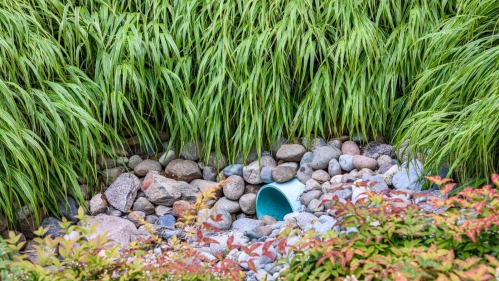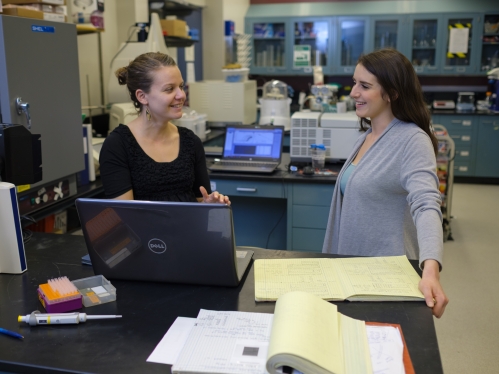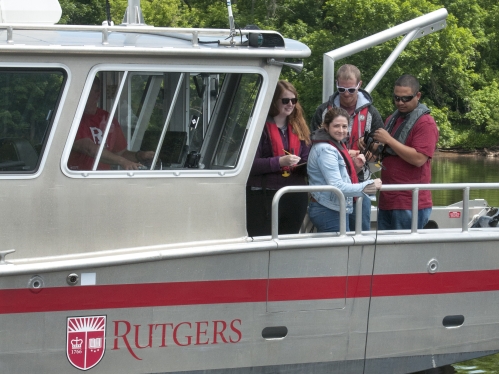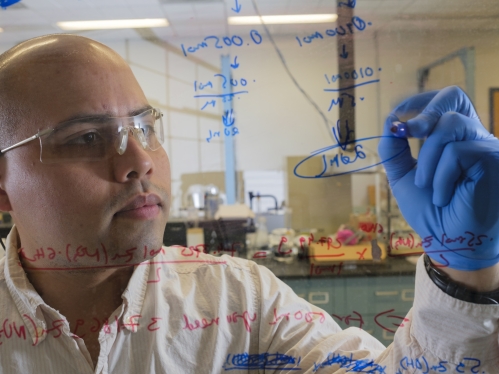Putting Your Degree to Work
Environmental engineers solve problems related to a wide variety of environmental issues largely encompassing initiatives to protect human health and the environment by providing clean water and air, designing sustainable infrastructure, enabling recycling and waste disposal, providing services to accomplish remediation of contaminated sites, and solving many other environmental problems plaguing today's natural environment.
Environmental engineers can look forward to excellent career opportunities following graduation. Numerous consulting firms that specialize in solving environmental problems exist in the Northeast, around the nation, and the world.
With an environmental engineering degree, you could choose many career paths:
- Air/water quality engineer
- Environmental consultant/engineer
- Energy conservation engineer
- Process engineer in industry
- Bioremediation engineer
- Green infrastructure engineer
- Hydraulic and hydrologic modeler
- Environmental specialist in government or industry



